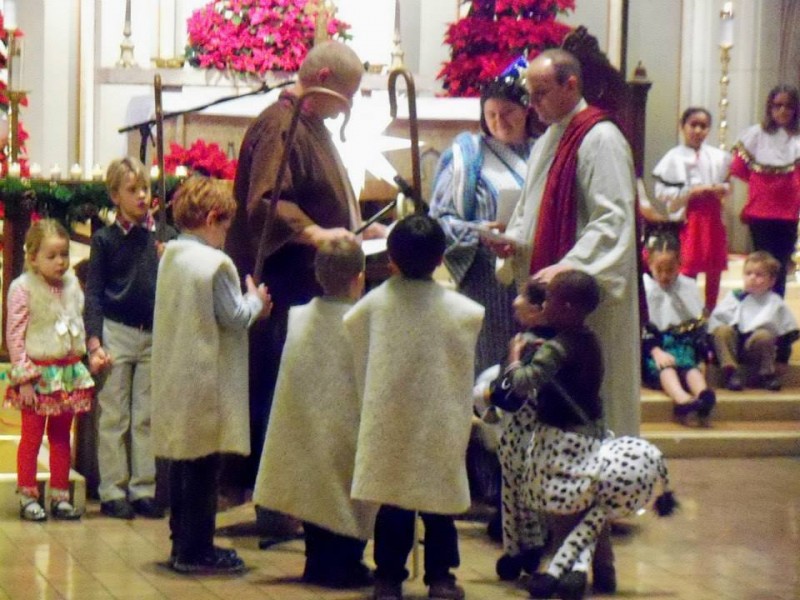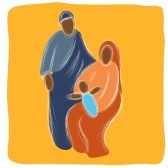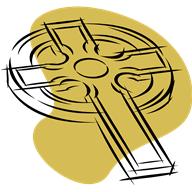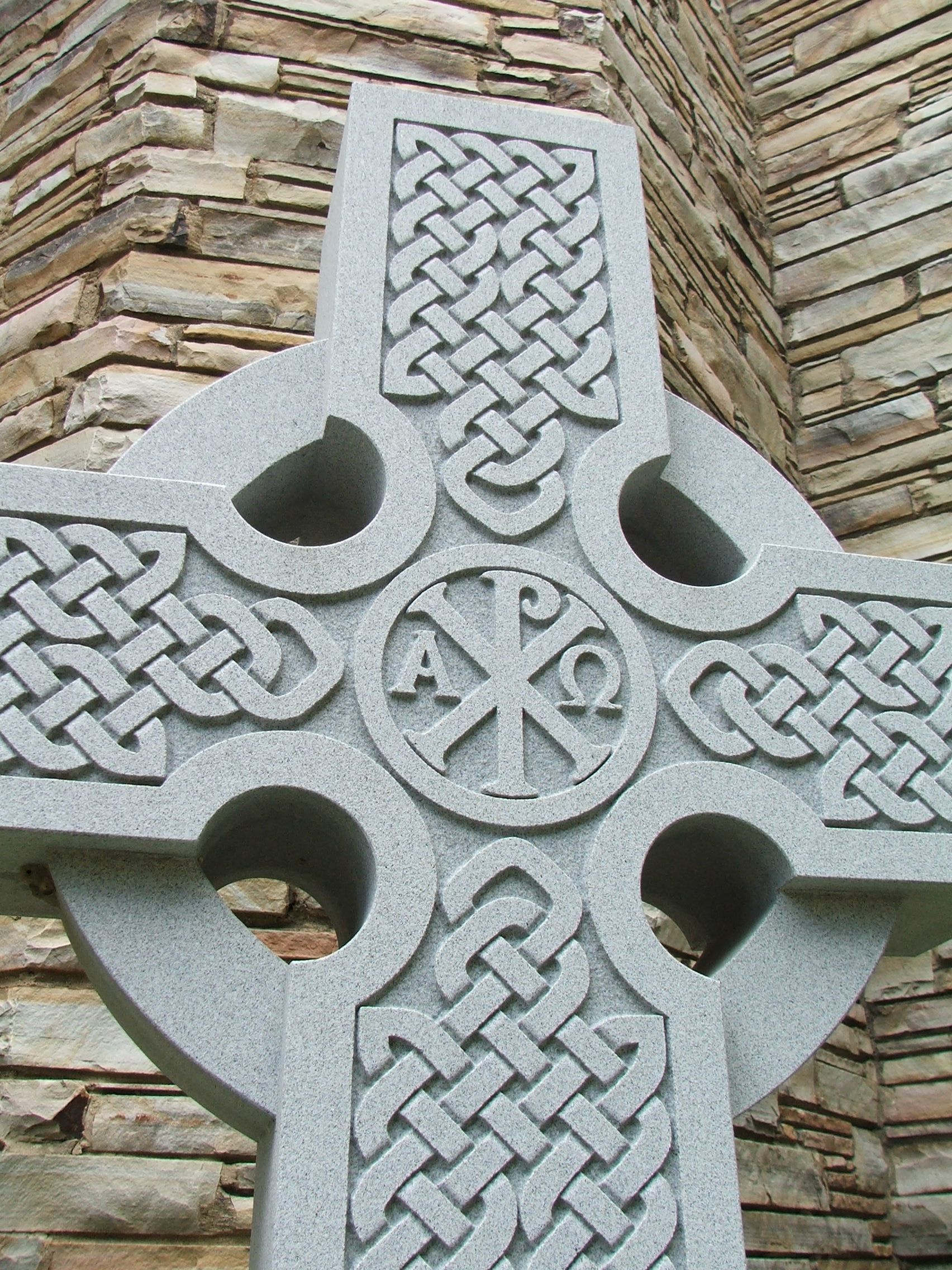Raising our Children in the Faith
To Listen to this Sermon, Click Here -> http://ststphnfw.sermon.tv/9834761
Called
Children’s Sunday
Matthew 4:18-25
Jesus calls his first disciples from their narrowly defined but typically Galilean lives. They are fishermen, the sons of fishermen, the grandsons of fishermen. Their world is narrowly defined to their families and their work and the towns in which they live and the sea in which they fish. And then Jesus comes along and calls them away from all that. When James and John follow him, they not only leave their nets behind, they leave their father behind. Jesus invites them to a world larger than Galilee and a family larger than blood and kinship. And in a whirlwind, they go from their small lives as fishermen to the disciples of a man who heals the sick and casts out demons, who turns the world upside down wherever he goes. They find themselves across the sea in Syria and Decapolis, among Gentiles and sophisticated Romanized Jews. The change is dizzying. Raising our Children in the Faith







